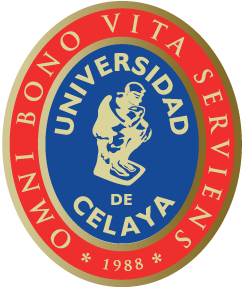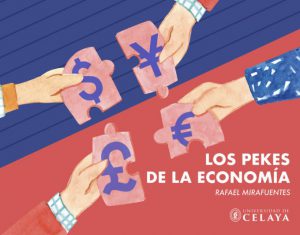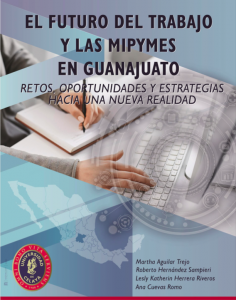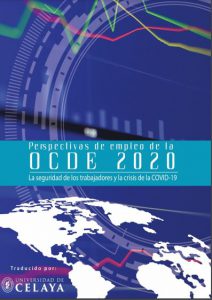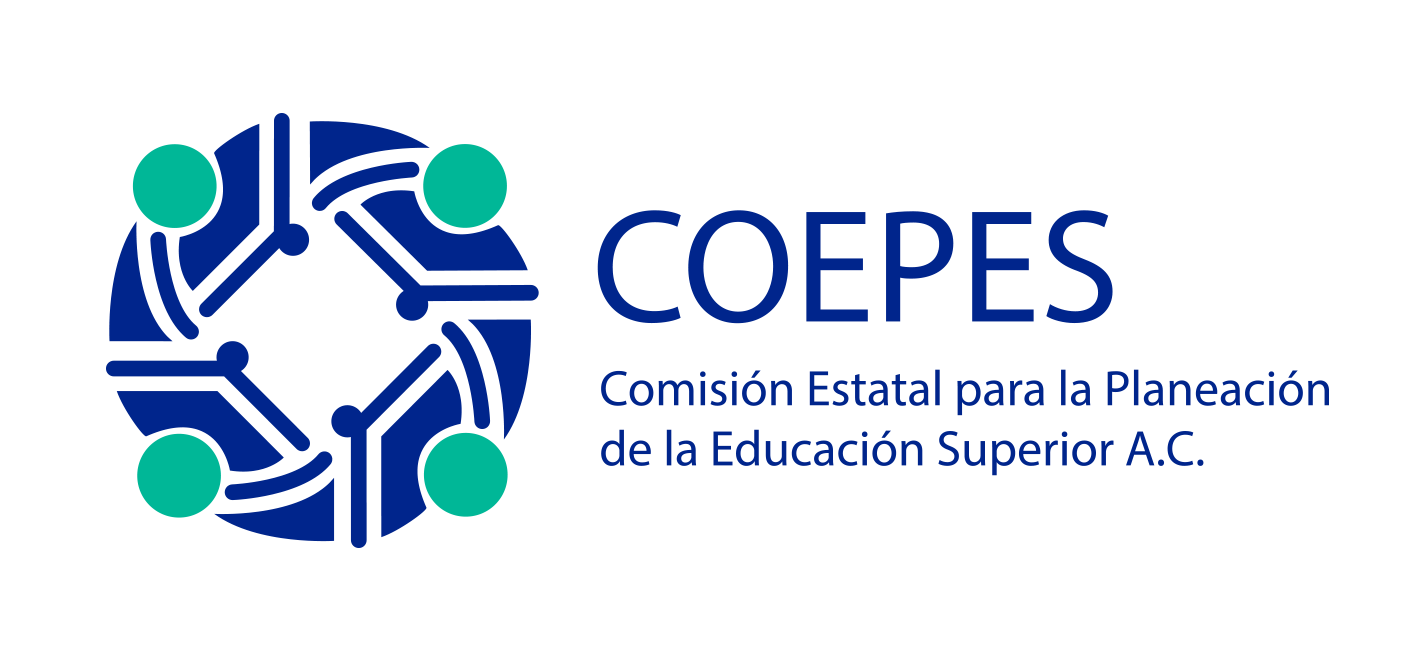Digital Economy Program
From traditional to digital
Sustainability at the University of Celaya
Sustainable Development Goals Impacted

Introduction
Currently, most MSMEs are governed by a traditional business model, with limited sales channels, logistics, administration, marketing and production systems, and purchase and sale cycles of 18 months on average, which affects economic and market results.
Based on this problem, the University of Celaya developed and implemented the digitalization program for MSMEs called Digital Economy. This project promotes the digital maturity of micro, small and medium-sized enterprises in the region, with the objective of strengthening their competitiveness in the market, fostering the spirit of collaboration, joint learning and the necessary links to build a solid business and commercial future.
Stages
The program started on a face-to-face basis, with teams of students each collaborating with a MSME to implement digital transformation actions. In the first stage of project implementation, 1040 students were trained in the period January-June 2020 in digital economy and its implementation and more than 500 SMEs in the region and 16 social organizations were supported in their transition to the digital economy. In the August-December 2020 cycle, 200 students were trained in digital economy and its implementation and a total of 61 companies were supported:
Como segunda etapa del proyecto, el modelo se escaló a nivel estatal a través de la Comisión Estatal para la Planeación de la Educación Superior en Guanajuato (COEPES) y la Secretaría de Desarrollo Económico Sustentable del estado de Guanajuato. Donde las instituciones educativas que forman parte de esta comisión replicaron el proyecto para apoyar a las pequeñas y medianas empresas de todo el estado de Guanajuato, y la Secretaría de Desarrollo Económico Sustentable del estado de Guanajuato aprobó la creación de la norma de competencia laboral del Implementador de la Economía Digital, que impulsa la competitividad y empleabilidad de las personas que logren certificarse.
Como tercera etapa del proyecto en la Universidad de Celaya y bajo un modelo de certificación, en el primer semestre del 2022 se logró la acreditación de 11 docentes de la Universidad de Celaya quienes se certificaron como Implementadores Digitales por parte de Secretaría de Desarrollo Económico obteniendo su cédula y certificado como Implementadores Digitales, esto a su vez les facultó para evaluar a alumnos aspirantes para certificarse como implementadores digitales. Para el segundo semestre del 2022, 155 alumnos de la Universidad de Celaya participaron asesorando e incrementando la madurez digital de 42 MIPYMES y 67 de ellos lograron certificarse como Implementadores Digitales, obteniendo su vez un certificado y cédula por parte de SDES.
En el primer semestre de 2023 se implementó de nuevo el modelo de certificación participando 113 alumnos en el proceso, beneficiando a 38 MIPYMES y logrando la acreditación como Implementador Digital 87 de ellos.
En el 2024, el total de estudiantes capacitados alcanzó 210, habiendo intervenido un total de 68 MIPYMES de 14 sectores distintos.
Impact
This project has a direct impact on Sustainable Development Goal 8 (decent work and economic growth): digital economy and geographical indicator.
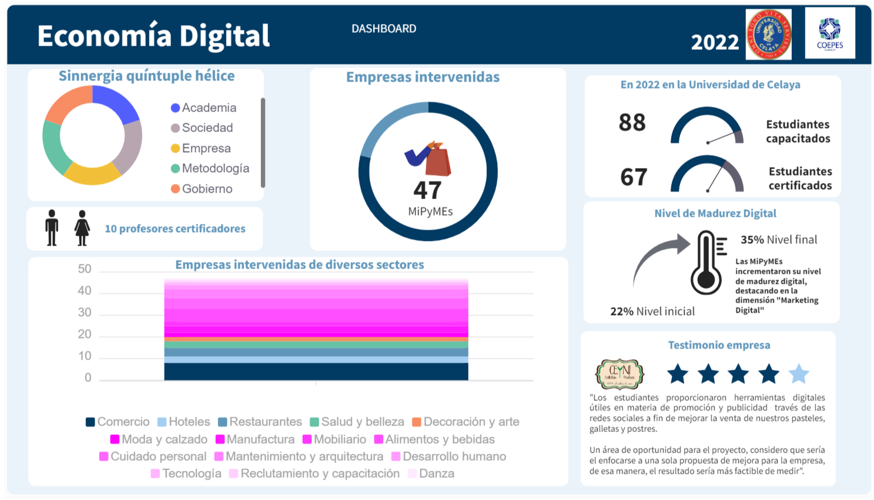
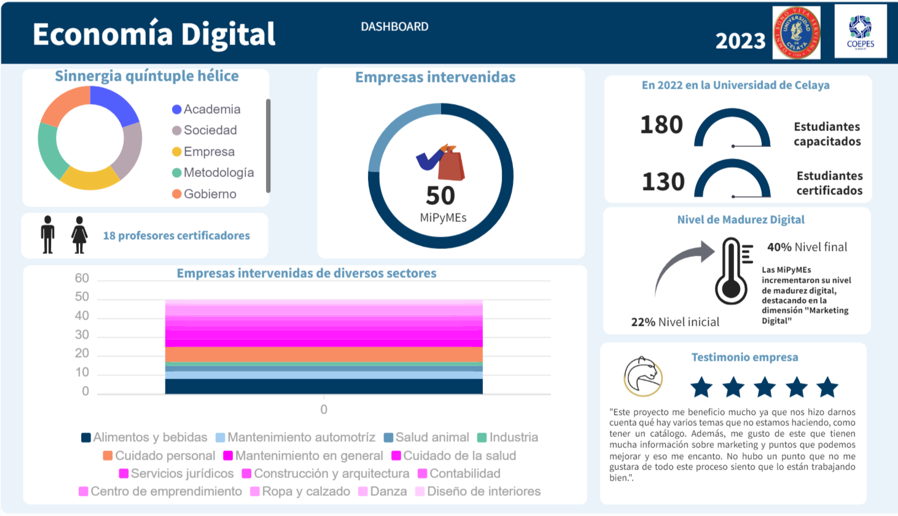

As a result of the 3 stages developed in this project, it was obtained that 85% of the entrepreneurs of the MSMEs participating in the Program highly recommended the digital economy program.
MSMEs participating during the pandemic reported benefits such as: increased sales, development and implementation of a new business model, and increase and/or diversification of customers.
Actualmente, el programa se desarrolla en formato 100% presencial on site, donde los alumnos visitan las MIPYMES para realizar un diagnóstico detallado que les permite evaluar su nivel de digitalización inicial. A partir de este análisis, y en colaboración con la Academia de Emprendimiento y los mentores del ecosistema, se diseñan soluciones personalizadas que impulsen su transformación digital.
Hoy en día, el proyecto mantiene la esencia presencial con la que fue constituido en un principio, donde empresarios y alumnos intercambian conocimientos, identifican necesidades y exploran áreas de oportunidad para los negocios. Este proceso colaborativo es clave para determinar en cuál de las cinco dimensiones en las que se divide el diagnóstico se puede brindar apoyo y garantizar una implementación efectiva de las soluciones.
La formación integral que reciben los estudiantes en la Universidad de Celaya es fundamental para proponer estrategias digitales innovadoras y sostenibles, capaces de generar un impacto positivo en nuestro estado. Gracias a este enfoque, cada vez más MIPYMES pueden fortalecer sus operaciones y avanzar en su madurez digital, asegurando su competitividad en un mercado en constante evolución.
Sin duda, el proyecto no termina aún, pues la transformación digital de las MIPYMES sigue avanzando con pasos firmes. El Instituto para el Desarrollo y la Innovación Tecnológica (IDIT) de Guanajuato reportó en marzo 2024 que el 35% de las MIPYMES del estado han adoptado al menos una herramienta digital (frente al 28% registrado en 2023).
A nivel nacional en 2024, Se espera que las MIPYMES digitalizadas aumenten a 40% en 2024 (desde 30% en 2023), según la Asociación de Internet MX; en el caso específico de Guanajuato, el estado podría alcanzar un 45% en adopción digital, liderado por sectores como manufactura y comercio en 2024. Estas cifras representan una oportunidad importante de crecimiento para el programa, que buscará continuar impactando positivamente el desarrollo tecnológico a través del esfuerzo y compromiso de sus participantes.
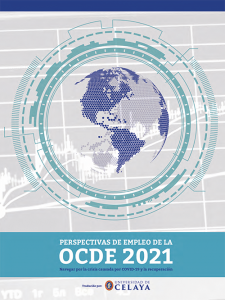
OECD Employment Outlook 2021
Navigating the COVID-19 crisis and recovery.
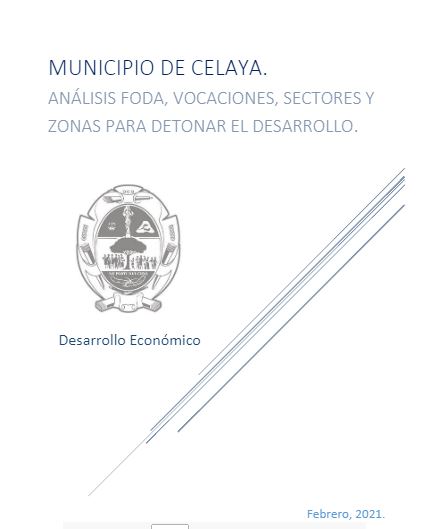
Diagnosis carried out in collaboration with the Directorate General for Municipal Economic Development 2018-2021
Los Pekes de la economía
The Future of Labor and MSMEs in Guanajuato
OECD Employment Outlook 2020.
Worker Safety and the COVID-19 Crisis
Project in design phase. For this program, professors from the University of Celaya received training in digital economy and digital village development at the Alibaba business school in China.
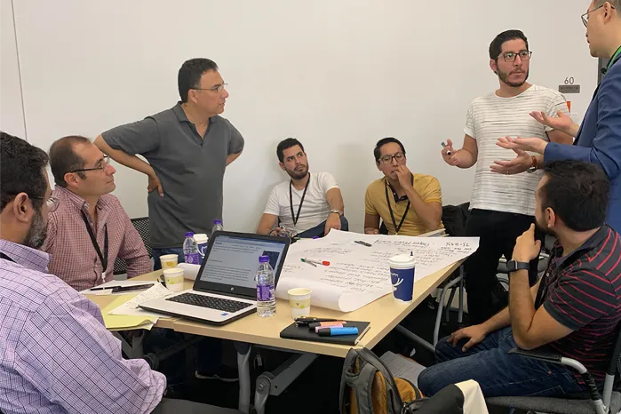
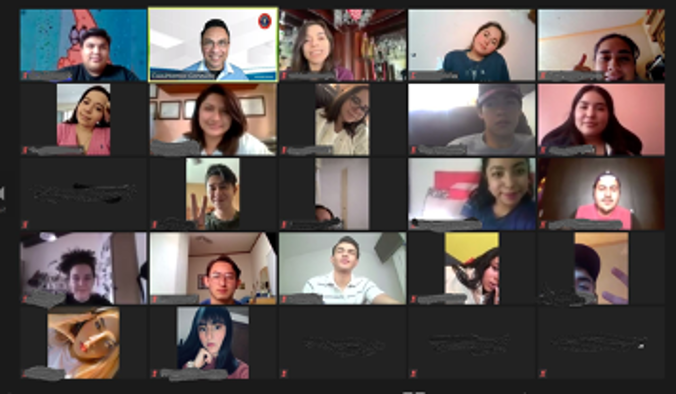
Training of students during the pandemic. Students were trained prior to the pandemic in person at the University of Celaya facilities and during the period of confinement caused by the Covid-19 pandemic, the sessions were conducted remotely.
Example of digitization in a small company with constant inventory problems, errors in cash cut-offs and constant loss of money due to inadequate inventory control. As a solution, an enterprise resource planning system was implemented.
With this change, the company achieved a 35% increase in profits. A 90% decrease in inventory backlog was generated. The cash cuts were reduced from 2 hours to 5-15 minutes and thehe company no longer experienced cash shortages.
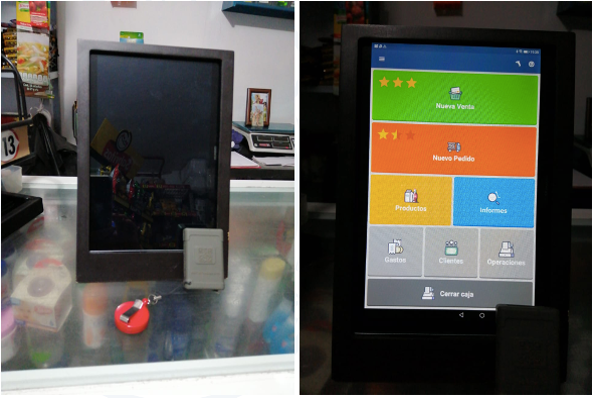

El programa continúa su desarrollo a través del diagnóstico de la digitalización de las MIPYMES y la creación de soluciones personalizadas que impulsen su transformación digital. En los últimos tres años, más de cien empresas han sido intervenidas.
Además de brindar a las MIPYMES del estado una oportunidad de desarrollo digital y optimización de sus procesos, el programa representa un espacio para el desarrollo integral, aprendizaje y profesionalización de los estudiantes que participan.

Interested in digitizing your business?
Líder: SAULO LEON CARREÑO saulo.leon@udec.edu.mx
To support this project:
If you are interested in supporting this project, we invite you to enter the project bank for more information.
Studies and publications:
Alliances
Know your campus
¿Qué tan buena es la Universidad de Celaya?
Phone number: +52 (461) 613 9099
informes@udec.edu.mx
Location: Carretera Panamericana km. 269 Col. Rancho Pinto, Celaya, Guanajuato, Mexico C.P. 38080
This website uses cookies to enhance the user experience and ensure its efficient operation. By using it you agree to the use of cookies.
